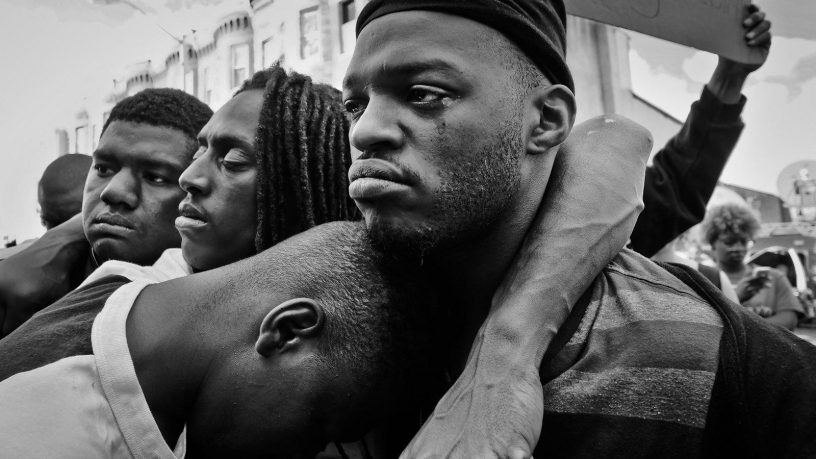
The study challenges several entrenched racist practices suspected to be the umbilical cord that links Black people in America with mass incarceration.
Author
Williams C. Iheme, Associate Professor, Jindal Global Law School, O.P. Jindal Global University, Sonipat, Haryana, India
Summary
Shortly after the alleged discovery of America and its vast expanse of land waiting to be cultivated with cash crops using cheap human labor, millions of Africans fell victims and were kidnapped to work as slaves in American plantations for about four centuries.
Even though it has been over 150 years since the official abolition of slavery in America, the effects of the 400 years of enslavement continue to reverberate: irrespective of the blackletter rights protecting Black people from injustices, the deep racist structures typically decrease the potency of these rights, and thus perpetuate oppression.
This article assesses the roles being played by race and profit in the administration of criminal justice: it deems the systemic oppression of Black people as a humanitarian crisis and seeks to ascertain this by interpreting the attitudes of the various key players in the American Criminal Justice System, the majoritarian population, mainstream media, and Corporate America: it challenges some entrenched racist practices suspected to be the umbilical cord that links Black people in America with mass incarceration.
This paper by Williams C. Iheme, Associate Professor, Jindal Global Law School, O.P. Jindal Global University, Sonipat, Haryana, states that legal rules and interpretations in America are often created to protect capital and interests of the majoritarian population.
It further examines whether some individuals, policemen, congressmen, judges, and key officials in the criminal justice system, somehow make profit from the mass incarceration of Black people, either as shareholders of the bail-bond and prison corporations or as direct recipients of bribes (including lobbying or financial contributions for political campaigns) from the controlling shareholders and managers of American corporations?
The paper concludes that it is reasonable to believe that race and profit play active and influential roles in the American criminal justice system.
“History teaches that true freedom is not given on a platter; it is fought for with dialogues, resistance, agitations and protests, and the Black people in America with more than 500 years of fighting for every right they have, are perhaps the most experienced freedom fighters in the world: their approaches could be useful for marginalized peoples across the globe,” Iheme says.
Published in: The Age of Human Rights Journal
To read the full article, please click here


